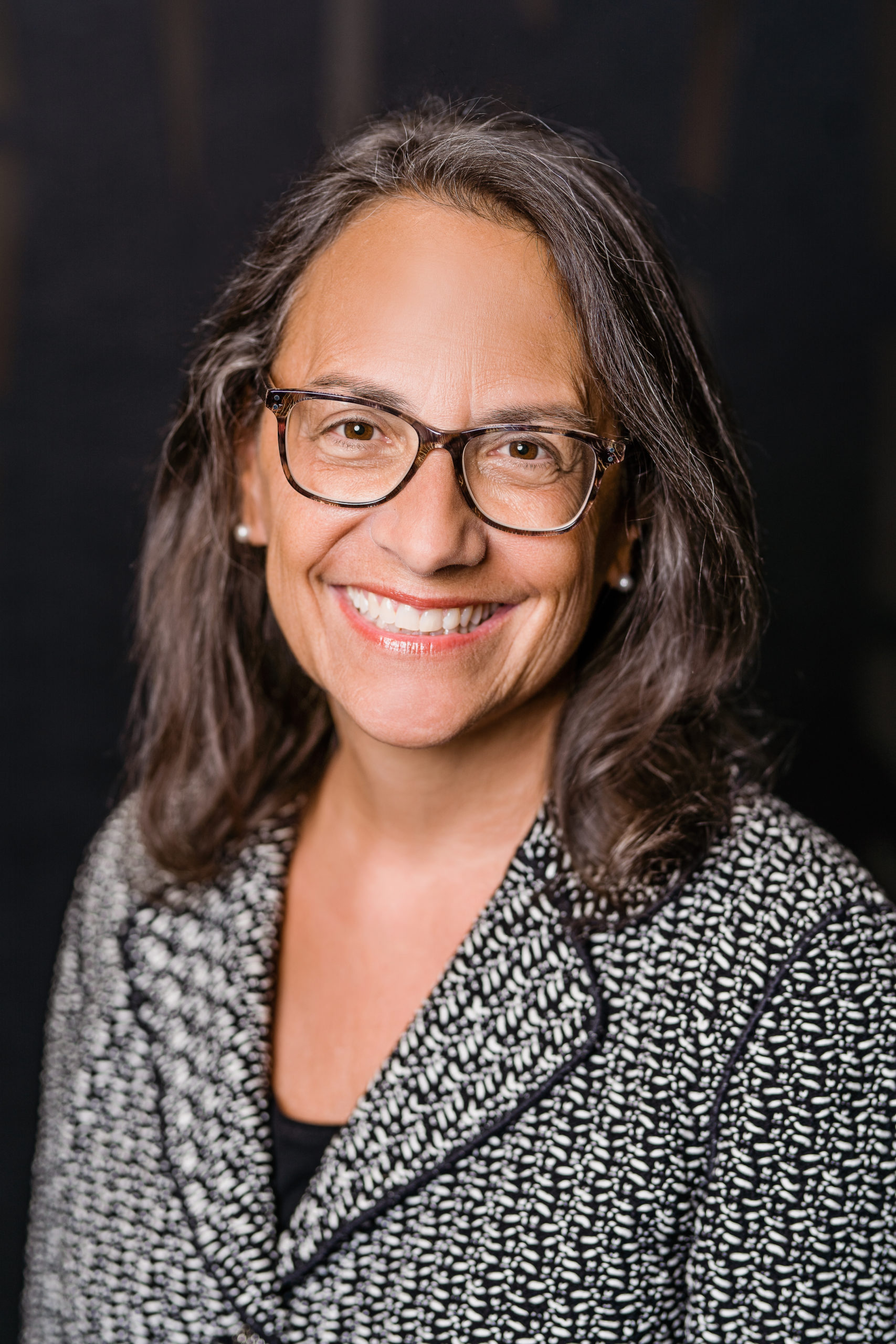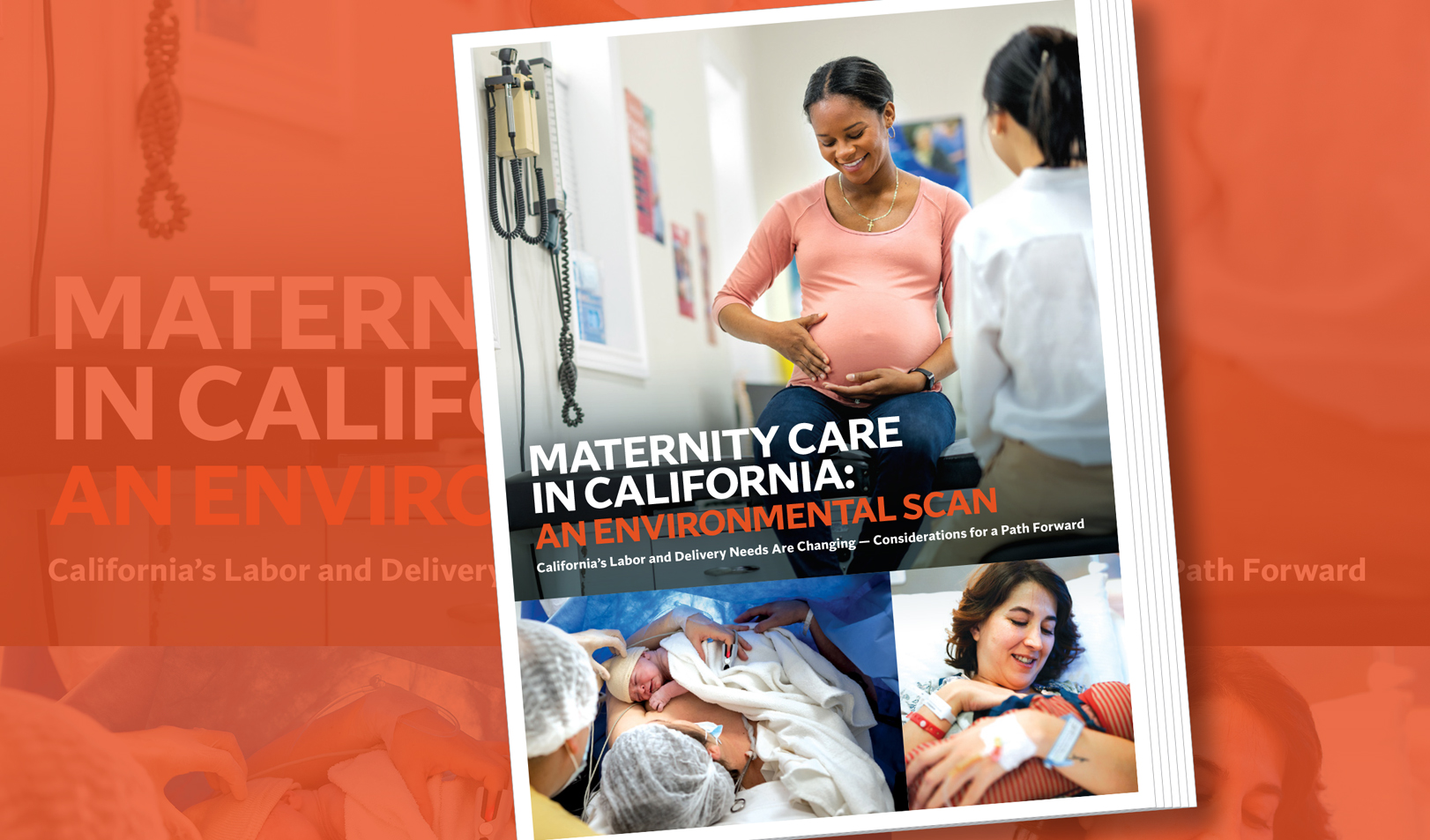The newsroom includes access to CHA News, which provides timely information to members every Thursday and is at the core of CHA benefits. In addition, it is also home to resources such as toolkits and talking points designed to help member hospitals and health systems communicate with internal and external audiences on a range of current health care-related issues. Links to CHA media statements and press releases can also be found here.
Newsroom
CMS Issues No Surprises Act Enforcement Provisions Proposed Rule
On Sept. 10, the Centers for Medicare & Medicaid Services (CMS) issued a proposed rule detailing the enforcement provisions related to the No Surprises Act (NSA). The proposed rule:
DHCS Releases Hospital-Directed Payment Encounter Data Sets
On Friday, the Department of Health Care Services (DHCS) released three new hospital-directed payment data sets, available via the Secure File Transfer Protocol site (the site is only intended for file transfers, and uploaded files will be deleted within 45 days).
San Joaquin Valley Continues to Transfer Patients Statewide, State Using Public Health Officer Regions for Transfer Trigger
Since Sept. 3, transfers from hospitals in the San Joaquin Valley to hospitals throughout the state have been required when clinically appropriate and capable as determined by the hospital leadership and Medical Health Operational Area Coordinator (MHOAC). This is in place until at least today, Sept. 9. If the San Joaquin Valley continues to remain under 10% ICU capacity for three consecutive days, the requirement for hospitals outside the San Joaquin Valley to accept patients will be extended for another seven-day period under the health order.
CDPH Formally Extends Space Waiver Through End of Year
On Sept. 3, the California Department of Public Health (CDPH) issued All Facilities Letter (AFL) 20-26.10, formally extending the statewide space waiver. The waiver had previously been set to expire Sept. 30 and will now be in place until Dec. 31.
Coyle Focuses on Nurse Staffing Crisis in CapRadio Interview
This post has been archived and contains information that may be out of date. As COVID-19 continues to surge in some parts of the state and hospitals gear up for a busy end of year, CHA President & CEO Carmela Coyle spoke to Vicki Gonzalez of CapRadio’s Insight (available at 24.50 mark) about the nurse staffing crisis that could threaten care.
Biden Issues COVID-19 Action Plan with Vaccine Requirements for Health Care Workers, Federal Employees & Contractors, Private Sector Employees
Today President Biden announced his COVID-19 Action Plan. As part of the plan, President Biden issued an executive order requiring all federal executive branch workers to be vaccinated with no option for being regularly tested as an alternative and an executive order directing that this standard be extended to employees of contractors that do business with the federal government.
Extension Available for Submitting Training Proof to Attorney General
On Aug. 23, the state Attorney General (AG) sent a letter to 191 California perinatal health care facilities asking them to submit, by Sept. 20, proof of compliance with Senate Bill (SB) 464 (Statutes of 2019, Ch. 533). This law requires hospitals to provide initial and refresher training to perinatal personnel on implicit bias in maternity care, effective Jan. 1, 2020.
CHA Comments on CY 2022 Physician Fee Schedule Proposed Rule
This post has been archived and contains information that may be out of date. CHA submitted comments on the calendar year (CY) 2022 physician fee schedule proposed rule. In the letter, CHA: Urges CMS to work with Congress to address significant payment reductions to the proposed conversion factor and physician payments Urges CMS to continue to support the expansion of telehealth […]
White House COVID-19 Booster Shot Plan Still Subject to FDA, CDC Evaluation
On Aug.18, the White House COVID-19 Response Team and public health and medical experts from the U.S. Department of Health and Human Services announced that they are prepared to offer COVID-19 booster shots to fully vaccinated adults ages 18 and older. According to this announcement, these individuals would be eligible for their booster shot eight months after receiving their second dose of the Pfizer or Moderna mRNA vaccines. According to the initial announcement, this booster vaccine program would start the week of Sept. 20, but subsequent news reports indicate that senior administration health officials are delaying that deadline, instead rolling shots out gradually when data are ready. As of now, there is no information about the time frame for a revised roll out.

